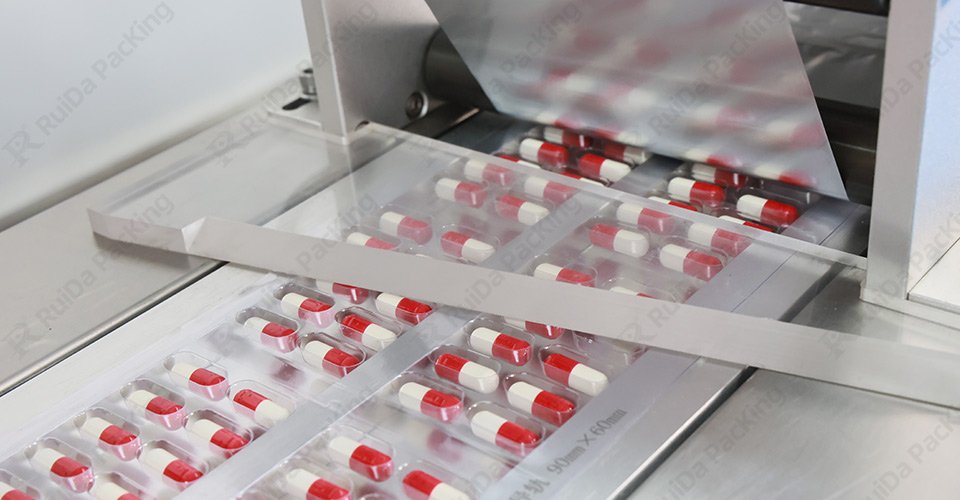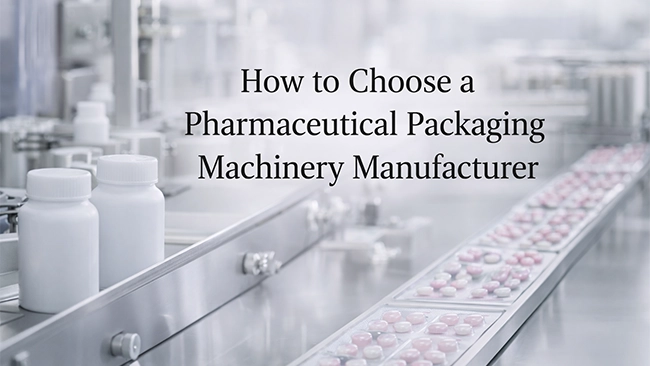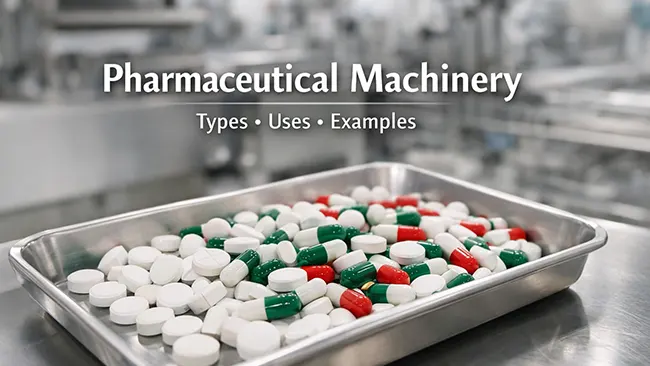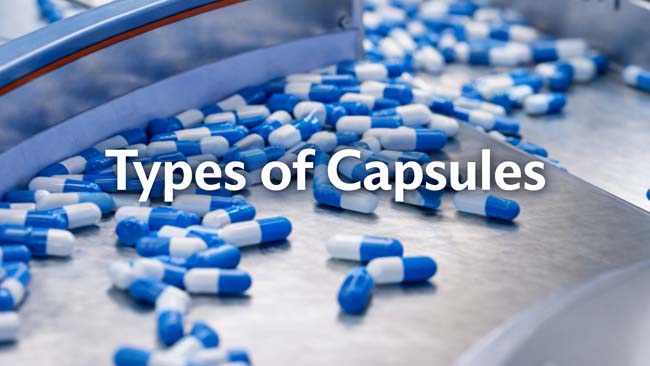GMP(Good Manufacturing Practice)는 다음의 중요한 구성 요소입니다. 제약 산업제품이 품질 기준에 따라 일관되게 생산되고 관리되도록 보장합니다. 이러한 관행은 최종 제품 테스트를 통해 제거할 수 없는 제약 생산 관련 위험을 최소화하도록 설계되었습니다. 제약 산업에서 GMP의 중요성을 이해하는 것은 제약 제품 생산 및 유통에 종사하는 모든 사람에게 필수적입니다. 이 종합 가이드는 GMP와 그 원칙, 그리고 제약 제품의 무결성과 안전성 유지에 GMP가 필수적인 이유를 심층적으로 설명합니다.

GMP란 무엇인가요?
GMP는 우수 제조 기준(Good Manufacturing Practice)의 약자로, 품질 기준에 따라 제품이 일관되게 생산되고 관리되도록 보장하는 시스템입니다. 이는 최종 제품 검사를 통해 제거할 수 없는 모든 제약 생산 관련 위험을 최소화하도록 설계되었습니다. GMP는 원료, 시설, 장비부터 직원 교육 및 개인 위생에 이르기까지 생산의 모든 측면을 포괄합니다. 완제품의 품질에 영향을 미칠 수 있는 각 공정에는 상세하고 문서화된 절차가 필수적입니다. 제조 공정의 각 단계에서 올바른 절차가 일관되게 준수되고 있음을 문서화된 증거로 제공하는 시스템이 있어야 합니다.
제약 산업에서 GMP가 중요한 이유는 무엇입니까?
제품 안전 보장
GMP는 의약품의 안전성 확보에 매우 중요합니다. GMP 지침을 준수함으로써 제조업체는 제품 안전성을 저해할 수 있는 오염, 혼입, 오류를 방지할 수 있습니다. 여기에는 엄격한 위생 기준 준수, 환경 조건 관리, 그리고 고품질 원료 사용 등이 포함됩니다.
제품 품질 유지
제약 산업에서 품질은 무엇보다 중요합니다. GMP는 엄격한 관리 기준과 엄격한 지침에 따라 관리된 환경에서 생산되도록 함으로써 의약품의 품질을 유지하는 데 도움이 됩니다. 이를 통해 모든 제품은 안전하고 효과적이며 최고 품질의 제품을 제공할 수 있습니다.
규제 요구 사항 준수
제약 회사는 합법적으로 사업을 운영하고 제품을 판매하기 위해 규제 요건을 준수해야 합니다. GMP는 제약 산업의 규제 준수에 필수적인 요소입니다. 미국 식품의약국(FDA)과 유럽 의약품청(EMA)과 같은 규제 기관은 제약 회사가 제품의 안전성과 효능을 보장하기 위해 GMP 기준을 준수하도록 요구합니다.
소비자 신뢰 구축
소비자는 건강과 웰빙을 위해 의약품에 의존합니다. GMP는 의약품의 안전성과 효능을 보장함으로써 소비자 신뢰를 구축하고 유지하는 데 중요한 역할을 합니다. 소비자가 제품의 품질을 신뢰하면 해당 제품을 계속 사용하고 다른 사람에게 추천할 가능성이 높아집니다.
GMP의 핵심 원칙
GMP는 제조 공정을 관리하고 고품질 의약품 생산을 보장하는 몇 가지 핵심 원칙을 기반으로 합니다. 이러한 원칙은 다음과 같습니다.
품질 관리
품질 관리는 GMP의 초석입니다. 품질 관리에는 제품 품질 보장에 필요한 프로세스와 절차를 정의하는 품질 관리 시스템(QMS) 구축이 포함됩니다. 여기에는 품질 목표 설정, 성과 모니터링, 그리고 품질 기준을 충족하기 위한 지속적인 프로세스 개선이 포함됩니다.
인원
GMP를 이행하려면 자격을 갖추고 잘 훈련된 인력이 필수적입니다. 여기에는 직원들이 각자의 역할과 책임에 대해 충분한 교육을 받고, 적절한 위생 관리 기준을 유지하며, 지식과 기술을 지속적으로 업데이트하는 것이 포함됩니다.
건물 및 장비
시설 및 장비의 설계 및 유지 관리는 GMP에서 중요한 역할을 합니다. 시설은 오염을 방지하고 세척 및 유지 관리를 용이하게 하도록 설계되어야 합니다. 장비는 일관된 성능을 보장하기 위해 정기적으로 교정, 유지 관리 및 검증되어야 합니다.
선적 서류 비치
정확하고 포괄적인 문서화는 GMP의 핵심 요소입니다. 여기에는 모든 제조 공정, 품질 관리 시험, 그리고 표준 절차 위반 사항에 대한 기록 유지가 포함됩니다. 문서화는 제품의 추적 가능한 이력을 제공하고 모든 생산 단계에서 책임을 보장합니다.
생산
제품 품질을 보장하려면 생산 공정 관리가 필수적입니다. 여기에는 표준화된 절차를 준수하고, 주요 공정 매개변수를 모니터링하며, 생산 과정에서 발생할 수 있는 문제를 감지하고 해결하기 위한 공정 내 관리가 포함됩니다.
품질 관리
품질 관리는 제품이 사전 정의된 품질 기준을 충족하는지 테스트하고 검증하는 것을 포함합니다. 여기에는 원자재, 공정 중 자재, 완제품을 테스트하여 품질 규격을 충족하는지 확인하는 것이 포함됩니다. 또한, 품질 관리에는 품질 기준 위반 사항을 조사하고 재발 방지를 위한 시정 조치를 이행하는 것도 포함됩니다.
자체 검사
정기적인 자체 점검 및 감사는 GMP 준수를 유지하는 데 필수적입니다. 이러한 점검은 개선이 필요한 부분을 파악하고, 절차가 준수되고 있는지 확인하며, 시정 조치가 효과적으로 이행되었는지 확인하는 데 도움이 됩니다.
GMP가 제약 산업에 미치는 영향
위험 감소
GMP는 의약품 생산과 관련된 위험을 크게 줄입니다. 엄격한 품질 관리와 표준화된 절차를 시행함으로써 제조업체는 오염, 혼입, 오류 발생 가능성을 최소화할 수 있습니다. 이를 통해 의약품의 안전성, 효과, 그리고 일관된 품질을 보장할 수 있습니다.
효율성 향상
GMP는 명확한 절차와 지침을 확립하여 제조 공정의 효율성을 증진합니다. 이를 통해 생산 효율을 높이고, 폐기물을 줄이며, 전반적인 생산성을 향상시킬 수 있습니다. GMP 원칙을 준수함으로써 제조업체는 운영을 최적화하고 더 나은 성과를 달성할 수 있습니다.
혁신 지원
GMP는 제약 산업의 혁신을 위한 프레임워크를 제공합니다. 높은 품질 기준을 유지함으로써 제조업체는 신제품과 기술을 자신 있게 개발할 수 있습니다. 이는 지속적인 개선을 촉진하고 업계 발전을 촉진합니다.
규정 준수 보장
GMP 준수는 규제 요건 충족에 필수적입니다. FDA 및 EMA와 같은 규제 기관은 제약 회사가 제품의 안전성과 효능을 보장하기 위해 GMP 기준을 준수하도록 요구합니다. GMP 원칙을 준수함으로써 제조업체는 규제 문제를 피하고 영업 허가를 유지할 수 있습니다.
소비자 신뢰 구축
GMP는 제약 제품에 대한 소비자의 신뢰를 구축하는 데 중요한 역할을 합니다. 소비자는 제품이 고품질 기준에 따라 제조된다는 것을 알면 제품을 더 신뢰하고 사용할 가능성이 높아집니다. 이러한 신뢰는 제약 회사의 성공과 명성에 필수적입니다.
조직에서 GMP 구현
품질 경영 시스템(QMS) 구축
GMP 이행을 위해서는 견고한 QMS(품질경영시스템)가 필수적입니다. 여기에는 품질 목표 정의, 표준운영절차(SOP) 수립, 그리고 공정 모니터링 및 개선 시스템 구축이 포함됩니다. QMS는 효과성을 보장하기 위해 정기적으로 검토하고 업데이트해야 합니다.
교육 및 개발
교육은 GMP 이행의 중요한 요소입니다. 모든 직원이 GMP 원칙 및 절차를 포함하여 각자의 역할과 책임에 대해 충분한 교육을 받도록 해야 합니다. 정기적인 교육 세션과 재교육 과정은 높은 수준의 역량과 인식을 유지하는 데 도움이 될 수 있습니다.
시설 설계 및 유지 관리
GMP 기준에 따라 시설을 설계하고 유지하는 것은 오염을 방지하고 제품 품질을 보장하는 데 필수적입니다. 여기에는 클린룸 설계, 환경 조건 관리, 정기적인 청소 및 유지보수 일정 시행이 포함됩니다.
장비 검증 및 유지 관리
장비의 정기적인 검증 및 유지보수는 일관된 성능을 보장하는 데 필수적입니다. 여기에는 장비 교정, 정기적인 유지보수 수행, 그리고 사전 정의된 프로토콜에 따른 장비 검증이 포함됩니다. 적절한 장비 관리는 고장을 예방하고 정확하고 신뢰할 수 있는 생산을 보장합니다.
포괄적인 문서
GMP 준수를 위해서는 정확하고 포괄적인 문서화가 필수적입니다. 모든 제조 공정, 품질 관리 시험 및 표준 절차 위반 사항에 대한 자세한 기록을 유지해야 합니다. 문서는 쉽게 접근할 수 있어야 하며 정확성과 완전성을 보장하기 위해 정기적으로 검토되어야 합니다.
정기 감사 및 검사
정기적인 감사 및 검사는 GMP 준수를 유지하는 데 필수적입니다. 개선이 필요한 부분을 파악하고 절차가 준수되고 있는지 확인하기 위해 내부 감사를 실시하십시오. 감사 결과를 정기적으로 검토하고 문제 해결을 위한 시정 조치를 시행하십시오.
결론
우수의약품제조기준(GMP)은 제약 산업의 핵심 요소로, 제품이 품질 기준에 따라 일관되게 생산되고 관리되도록 보장합니다. GMP 원칙을 준수함으로써 제조업체는 제품 안전을 보장하고, 품질을 유지하며, 규제 요건을 준수하고, 소비자의 신뢰를 구축할 수 있습니다. 조직에서 GMP를 구현하려면 견고한 품질 관리 시스템 구축, 인력 교육, 시설 설계 및 유지 관리, 장비 검증, 포괄적인 문서 관리, 정기적인 감사가 필요합니다.
GMP의 중요성을 이해하고 그 원칙을 실천함으로써 안전하고 효과적이며 고품질의 의약품 생산에 기여할 수 있습니다. 이는 귀사의 성공과 명성을 보장할 뿐만 아니라 전 세계 소비자의 건강과 웰빙을 보호합니다.


